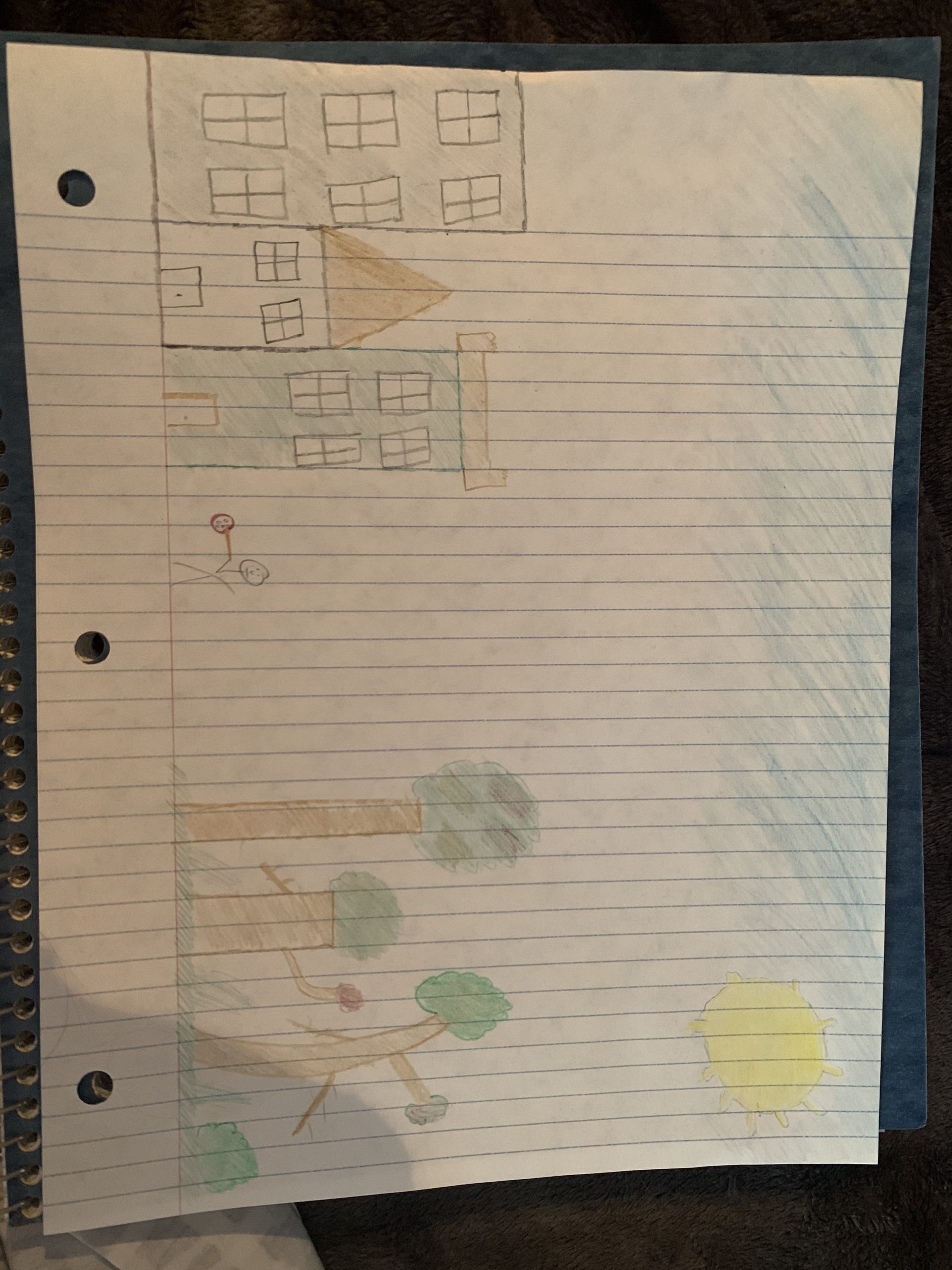A poet and avid traveler had a journey from the mainland to the islands of the Caribbean where he had always dreamed of going to. His journey was planned ever since he was a little boy, and never got the chance until he was an adult. However, the people that told him to go, also told him to “tread lightly” and that he could be tricked at some point there. Knowing that he was an outsider and was obvious since he was traveling from a distant land. The poet was looking for an authentic experience outside of what he was used to and decided that he would play it by ear when he got to his destination. When he got into the market at the shore, he saw many stores and stands with food, and signs saying the “Best [insert food] in the world”, and other attractions that could be for him. He knew of places to go to down towards inland of the island because he had heard of great pieces of art, and statues that were advanced for their time, and not to forget, the more modern shops that reminded him that this place was still a place where people lived. He had walked for some time before he had gotten past the touristy attractions and got to real shops. He wondered to himself, what was the normal thing to do at a place like this? What is a traditional day like? And what is the significance of this journey? What experience can he grab from this place that no other tourist had experienced before?
Although the monumental sites are cool and the beaches are fabulous, but he wondered if it was a good idea to steer away from the “traveler norm” and wondered what someone does on a day to day basis. And thought of his own life back at home, and wondered if the traveler’s norm is really so much different from the normal life. He gave it some thought about whether or not he visits monuments in his home town and realized that he has only done so when he walks to work in the mornings.
The poet realizes in a flash that he had not heeded the warning of the place trying to trick you. While it didn’t trick him literally, the concept of something authentic was right in his face the whole time, and he had decided to not listen to it until now. He pondered whether or not the market was a “front” and if there were no tourists coming if there was ever an opportunity for the market. The poet had decided to take a walk deeper into the island on the roads and went wherever the roads had taken him in the end.

